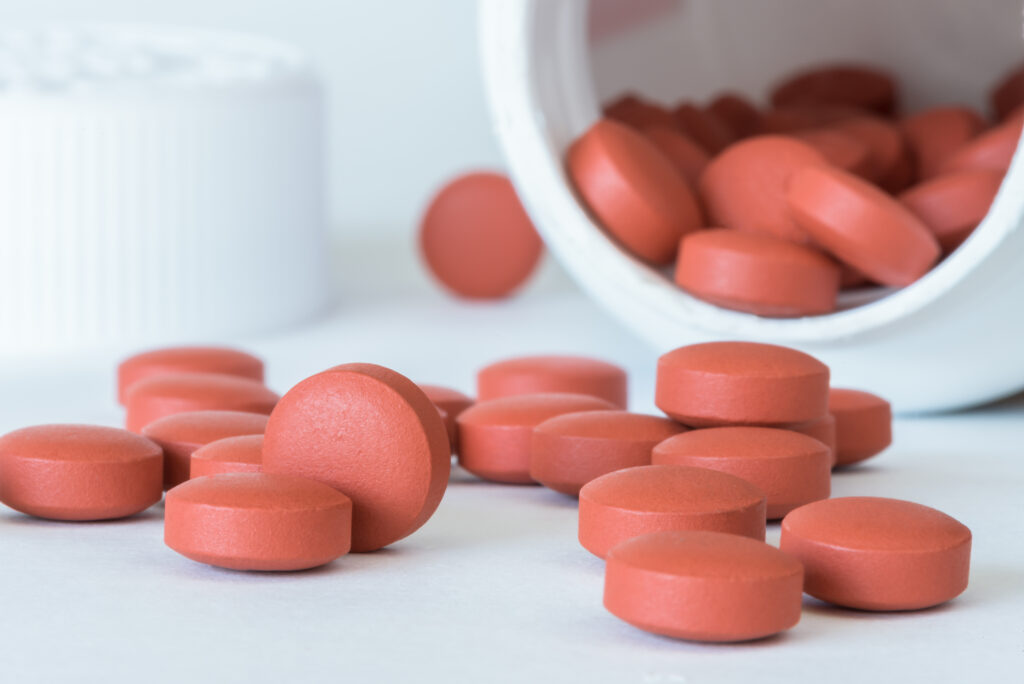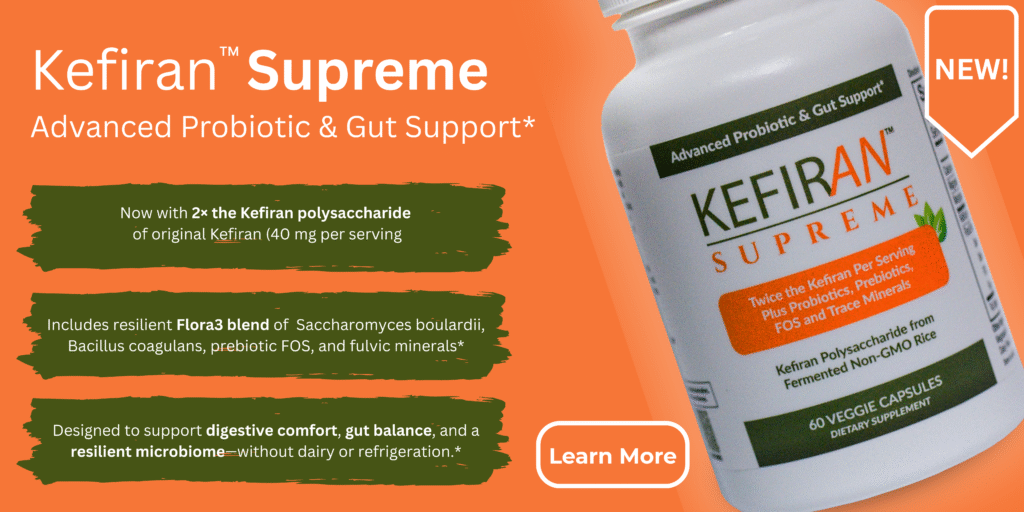Digestive Health
How NSAIDs Can Disrupt Your Gut Microbiome and Some Better Alternatives
NSAIDs are among the most commonly used over-the-counter medications, but few people realize how these pain relievers might be affecting something as essential as their gut microbiome. While they’re often taken for headaches, muscle aches, or inflammation, the impact of NSAIDs on gut health can be significant and overlooked.

NSAIDs and the Gut Microbiome: An Unseen Disruption
NSAIDs (non-steroidal anti-inflammatory drugs) like ibuprofen, naproxen, and aspirin work by blocking enzymes that contribute to inflammation and pain. However, they don’t just target pain—they also affect the protective lining of your digestive tract and can alter the delicate balance of bacteria living in your gut.
The gut microbiome is a thriving ecosystem made up of trillions of bacteria, fungi, and other microorganisms. These tiny organisms play a major role in digestion, nutrient absorption, and even mental health. Studies suggest that NSAIDs may reduce beneficial bacteria while allowing less helpful or even harmful species to flourish. This imbalance—called dysbiosis—can lead to a weakened gut lining and compromised overall health.
How NSAIDs Contribute to Gut Imbalance
NSAIDs may weaken the mucus barrier in the stomach and intestines, making the gut more permeable. This “leaky gut” effect allows unwanted substances to enter the bloodstream, which can trigger immune responses and low-level inflammation throughout the body. Furthermore, frequent use of NSAIDs has been linked to reduced diversity in the gut microbiome, a key marker of poor gut health.
While short-term use of NSAIDs might not cause noticeable effects, consistent use over time could significantly impact the gut. It’s a hidden cost of pain relief that many don’t consider.
Better Alternatives for Antioxidant Support and Healthy Inflammation
Fortunately, there are safer, more gut-friendly ways to offer antioxidant support and healthy inflammation. While NSAIDs can be effective, they’re not the only option and certainly not the most sustainable one for long-term wellness.
1. Anti-Inflammatory Diet
A diet rich in whole, unprocessed foods can help offer healthy inflammation support. Focus on:
- Leafy greens (spinach, kale, arugula)
- Omega-3 rich foods (salmon, chia seeds, flaxseed)
- Antioxidant-packed fruits (berries, cherries, oranges)
- Healthy fats (avocados, olive oil, nuts)
These foods can support a balanced gut microbiome while also reducing the need for NSAIDs.
2. Regular Movement and Exercise
Exercise doesn’t just strengthen your body—it also supports gut health. Moderate, consistent movement helps promote circulation, reduce inflammation, and support digestion. Whether it’s walking, yoga, swimming, or strength training, daily movement can be a powerful tool for reducing reliance on NSAIDs.
3. Prioritize Sleep
Poor sleep can increase your sensitivity to pain and inflammation. Aim for 7–9 hours of quality sleep each night. Establish a consistent bedtime routine, limit screens before bed, and keep your sleeping environment cool and dark.
4. Natural Supplements
Some supplements may offer support for healthy inflammation without disrupting the gut:
- Turmeric/Curcumin: This golden spice is well-known for its healthy inflammation properties.
- Ginger: Supports digestion and may offer antioxidant support.
- Magnesium: Can help reduce muscle tension and headaches.
- Probiotics: Help restore a healthy microbiome, especially if you’ve been using NSAIDs frequently.
Always consult a healthcare provider before starting any new supplement regimen.
When NSAIDs Might Still Be Necessary
There are times when NSAIDs may still play a role, such as after surgery or in acute injuries. But even in these cases, it’s wise to balance their use with lifestyle changes that support the gut. Taking NSAIDs with food and using the lowest effective dose for the shortest time possible can help minimize damage to the microbiome.
Long-Term Gut Health Starts with Informed Choices
Understanding how NSAIDs affect your gut microbiome empowers you to make more informed decisions about your health. While convenient, these drugs are not without their downsides—especially for your gut. Fortunately, there are many ways to offer antioxidant support and healthy inflammation, rather than disrupt, the microbiome.
Next time you reach for an NSAID, consider whether there’s a more holistic, gut-friendly approach to feeling better.
Sources:
Like? Share with Your Friends!

